Should tuition be free for medical students?
The Ministry of Health has just proposed that the Government consider supporting 100% of tuition fees and providing living expenses for medical students as it does for pedagogy students. This is one of eight proposals presented in a report at the Ministry of Health's 2025 Health Work Implementation Conference on December 24, in the context of a shortage of human resources.
Regarding the above information, in an interview with Dan Viet Newspaper, Dr. Le Viet Khuyen, Vice President of the Association of Vietnamese Universities and Colleges, expressed his opinion: “I think this is an absurd story. As a student, we have the same rights and obligations. If students in other majors have to pay tuition, then medical students must also pay the same.”

A medical school on university admissions counseling day. Photo: Tao Nga
According to the Vice President of the Association of Vietnamese Universities and Colleges, there are many ways to support and encourage students to study: “Instead of exempting tuition fees for medical students, we can award scholarships or support policies for students who fall into groups such as students in difficult circumstances, families with preferential policies, students who accept to work in remote, isolated, and dangerous areas after graduation... All normal students are equally treated.”
Dr. Pham Duc Hung, a medical doctor working at Cincinnati Children's Hospital, Cincinnati, Ohio, USA, shared: "I think we should exempt/reduce tuition fees for students with difficult circumstances and maintaining good academic performance. We should have a family financial profile based on this to determine the payment level for students."
Dr. Hung received a scholarship to study at Harvard, won the National First Prize in Chemistry, and was admitted directly to Ho Chi Minh City University of Medicine and Pharmacy to become the valedictorian of the Pharmacy Department. Dr. Hung said: “There should also be a form of lending with preferential interest rates for students, especially those who are willing to work in public hospitals after graduation.”
Some also argue that only majors that do not have enough students should have tuition exemptions, such as basic sciences . There are too many students who want to study medicine. Many countries in the world do not exempt tuition fees for medical students, but only create conditions for them to borrow money and then pay it back.
In addition, many schools also support this proposal. A representative of Hai Phong University of Medicine and Pharmacy said: In fact, the entrance exam to the medical field is difficult, the study time is long, and the high tuition fee has become a barrier for many students who want to pursue a medical career. In addition, medical students also have to practice in hospitals, which is extremely difficult. After graduating, they need to continue practicing for 12 months, and study for at least 18-24 months before they can practice. Thus, from the time they enter school until they can practice, it takes about 8-9 years for the medical field. Therefore, many students from poor families who want to pursue a medical career cannot do so.
A representative of Nam Dinh Nursing University said that the medical field is unique, with a heavy workload and expensive training costs due to the investment in machinery, equipment, practice models and clinical costs at hospitals. If everything depends on tuition fees, students will not be able to bear the training costs. Some schools are fully autonomous, with tuition fees based on training costs of up to 60-80 million VND/year.
At the National Assembly in late May, delegate Tran Khanh Thu, Vice President of the Youth Union of Thai Binh province, also proposed that the State support tuition fees for medical students on the condition that they accept work assignments after graduation.
Nationwide there are 214 medical human resource training facilities.
In the proposal, the Ministry of Health hopes that the Government will direct research so that medical and pharmaceutical students will receive state support for tuition fees equal to the fees charged by the training institutions, and will be provided with living expenses during their studies. This is to attract human resources, when the medical sector is lacking in both quantity and quality.
The Ministry of Health's proposal is similar to the support policy for Pedagogy students. According to Decree 116, from 2021, Pedagogy students will receive 100% state support for tuition fees and 3.63 million VND/month for living expenses. This funding comes from the budgets of localities, ministries, and sectors, through the form of orders. However, students must compensate if they do not work in the industry for enough time (6-8 years), switch to another industry, drop out of school, do not complete the program, or are forced to leave school. This policy is highly appreciated, but there are some problems in the implementation process.
According to the report, the country has 214 medical personnel training facilities, including 66 universities, 139 vocational training facilities, and 9 research institutes (doctoral training). The Ministry of Health manages 22 schools and institutes. The number of doctors graduating last year nationwide was nearly 11,300, pharmacists nearly 8,500; and nurses about 18,200.
Vietnam's health workforce has increased by 2.33% over the past 10 years. This figure is insignificant, according to the Ministry's assessment. The total number of health workers is currently about 431,700, much lower than the 632,500 in the Health Human Resource Development Plan for the 2011-2020 period.























































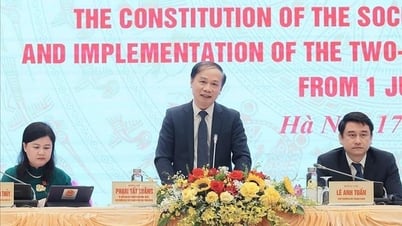







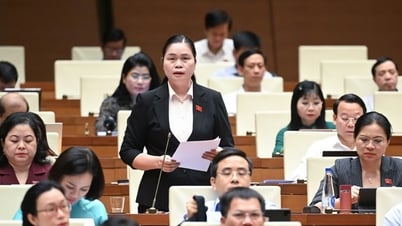



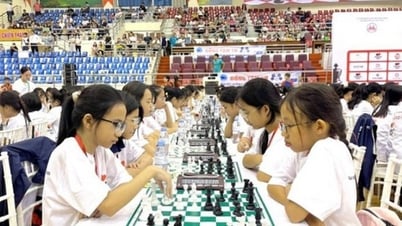






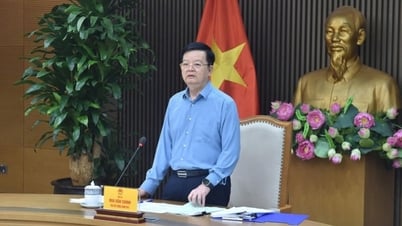

















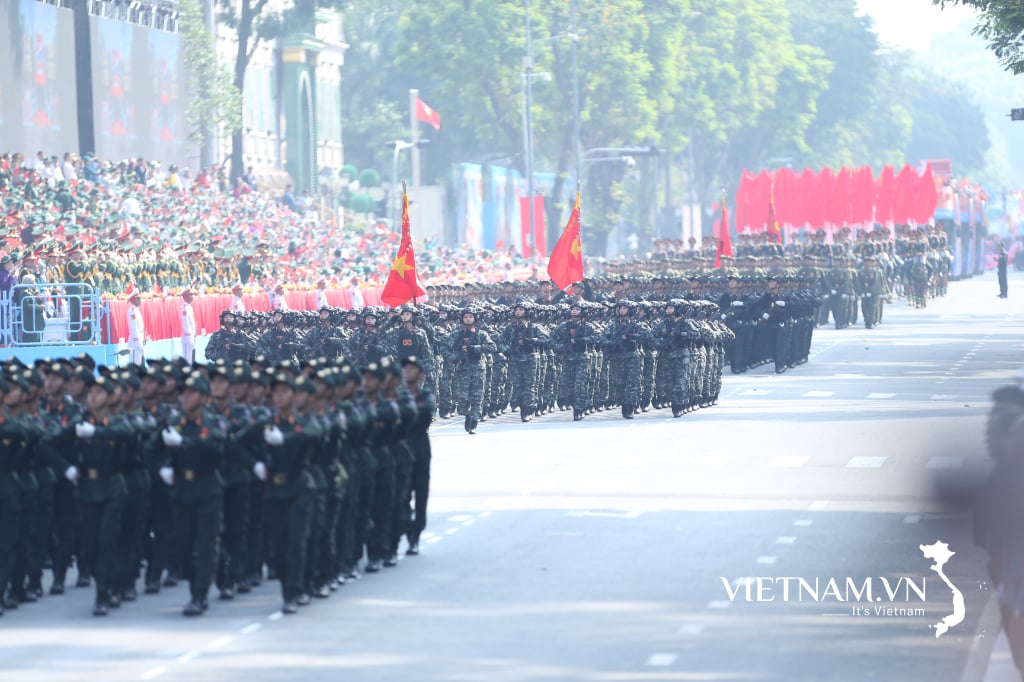

Comment (0)